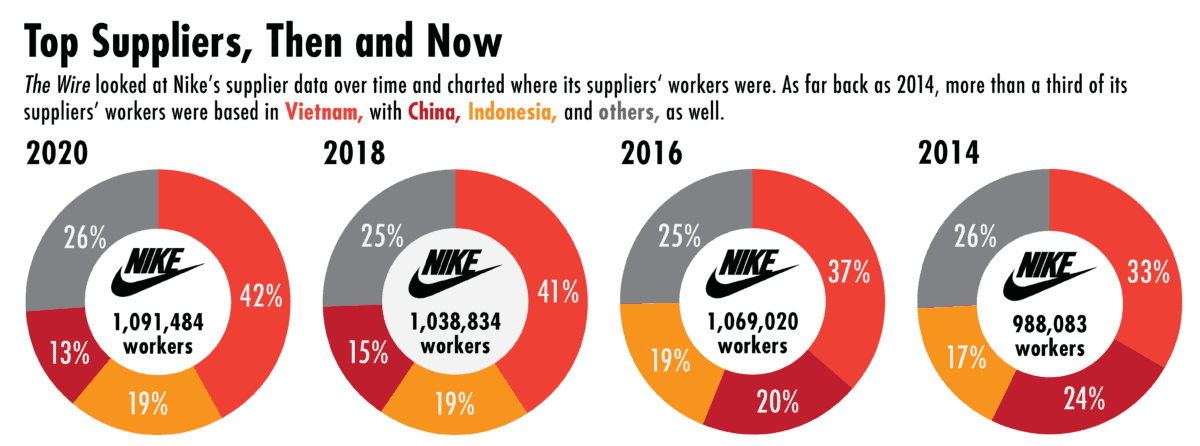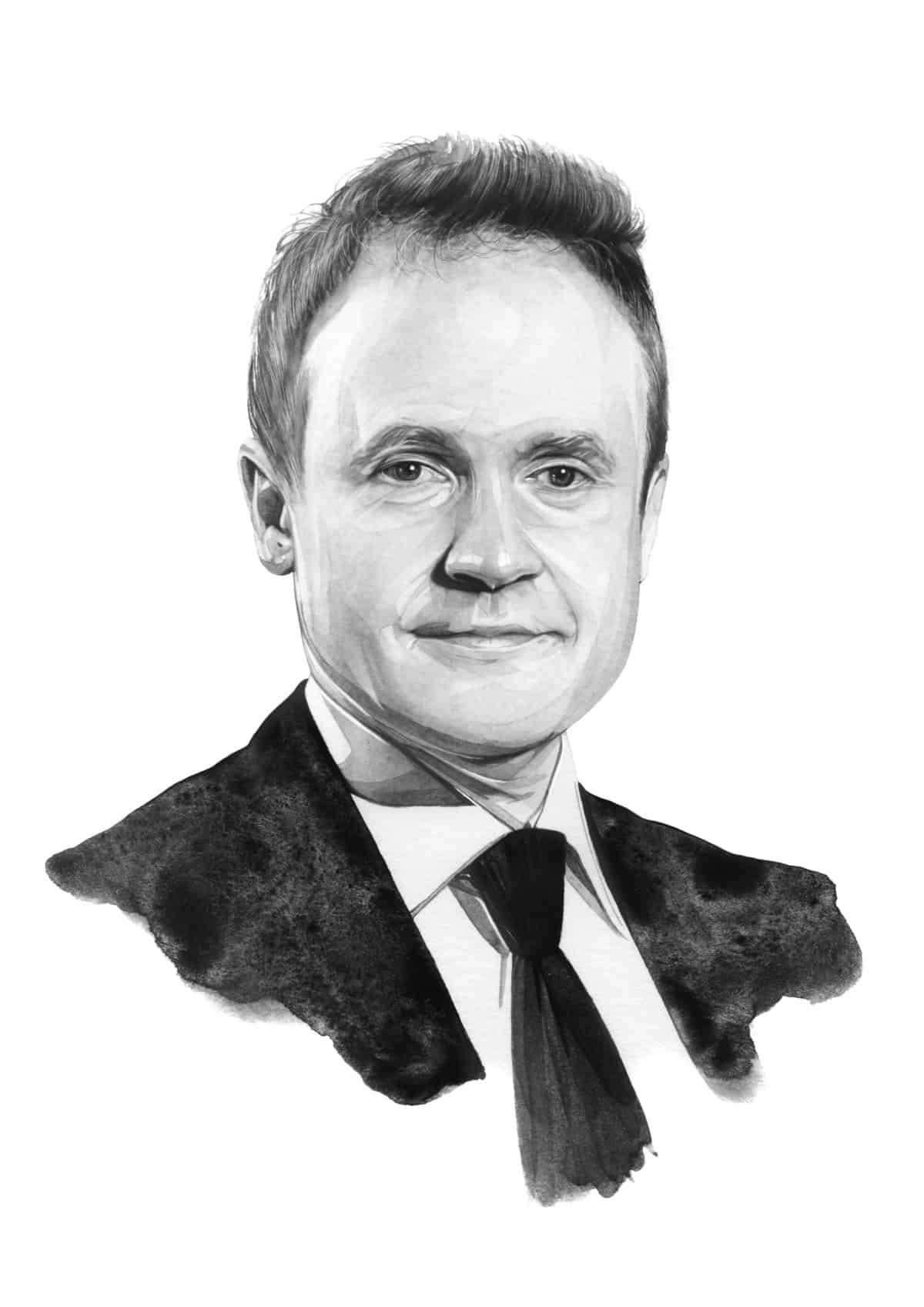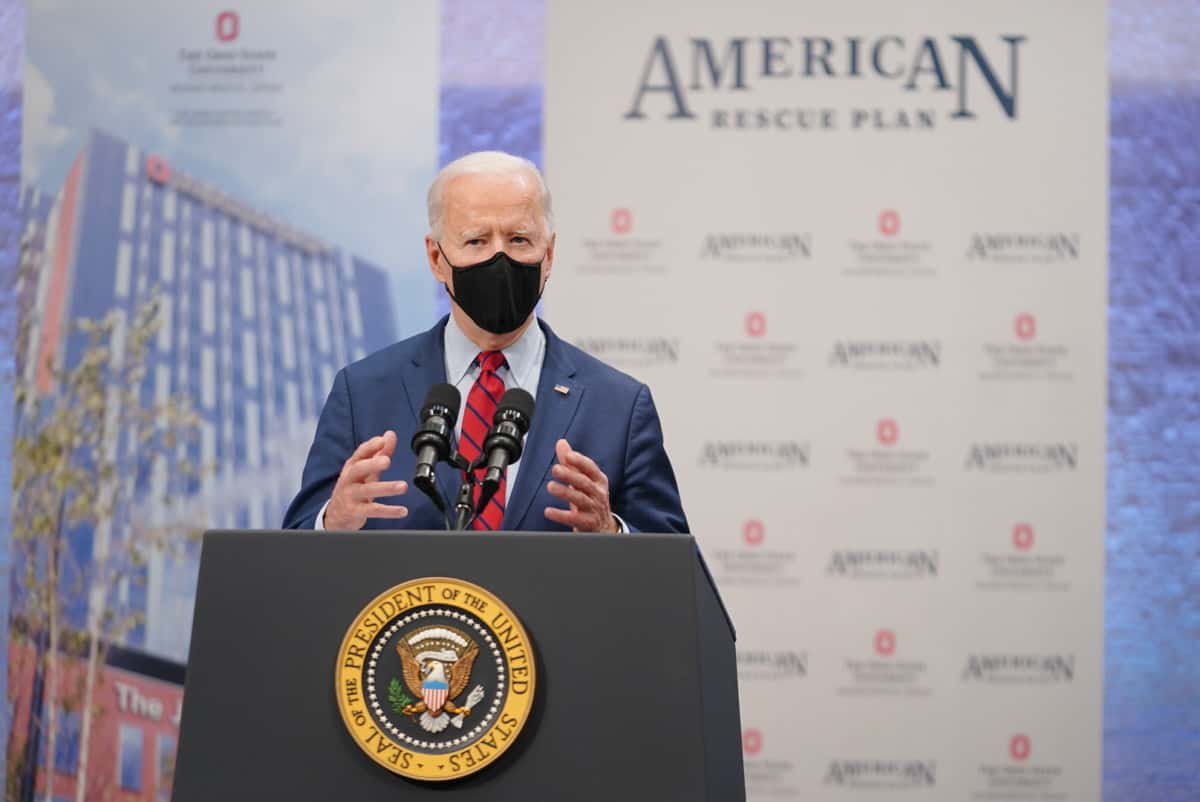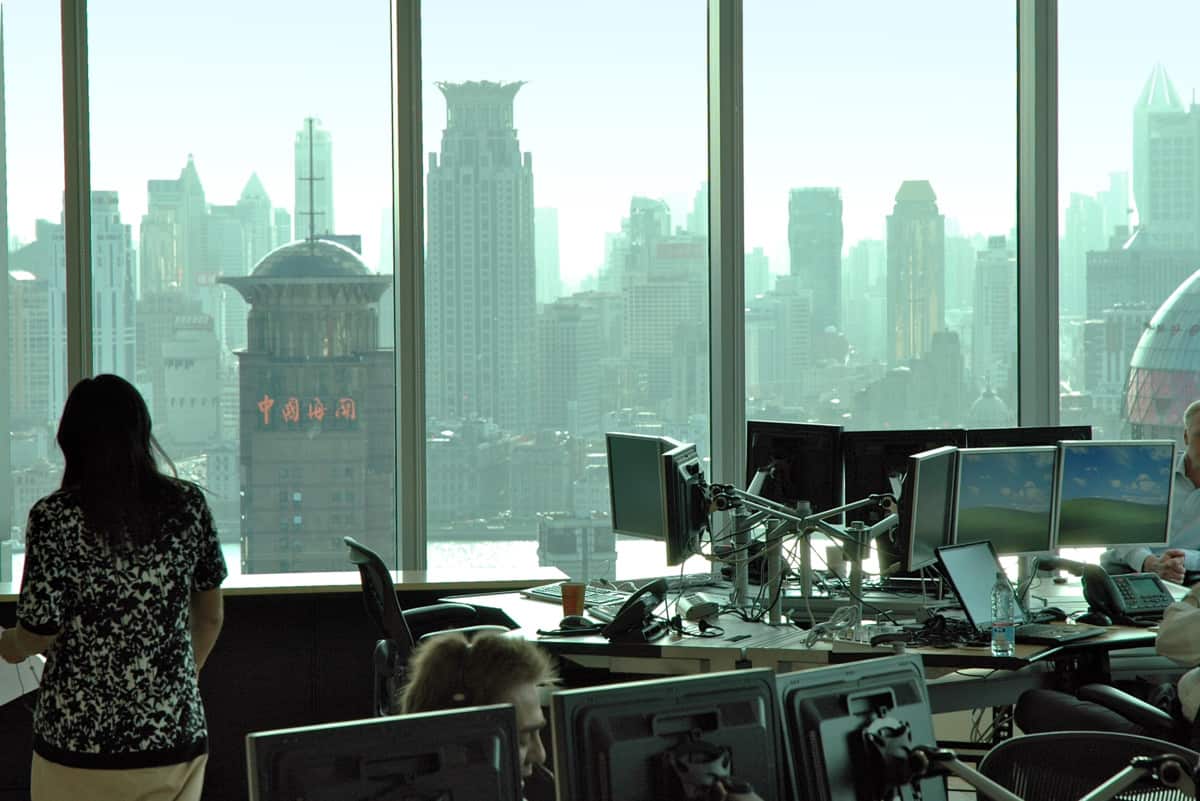Good evening. Bond default stories don’t generally make for tantalizing reads. But this week’s cover story takes a close look at one whistleblower’s allegations against the CLSA-CEFC bond deal that blew up in 2018 — and what it might say about the changing atmosphere in Hong Kong. Elsewhere, we have an interview with Tom Tugendhat, the British politician, about the U.K.’s approach to China; infographics about China’s role in the global sportswear industry; reporting on how Biden’s plans to ‘outcompete’ China may actually depend on it; and an op-ed about why China especially is missing out by not embracing remote work. If you’re not already a paid subscriber to The Wire, please sign up here.
Want this emailed directly to your inbox? Sign up to receive our free newsletter.

Broken Bonds
When Kathy Liu bought close to a million dollars of a Chinese energy company’s bond, she figured it was a relatively safe investment. The underwriter, after all, was CLSA, the Hong Kong brokerage firm where she worked as a senior banker and a subsidiary of CITIC, the powerful, state-owned Chinese conglomerate. But when the bond defaulted, Liu uncovered what she says was “a shocking sequence of blatant securities fraud.” And with no signs that Hong Kong’s regulator is going to take action, The Wire‘s Katrina Northrop reports how Liu’s allegations may be a sign of Hong Kong’s financial system being increasingly at the mercy of Beijing.

The Big Picture: Sporting Chinese Clothes
Multinational sports apparel companies have been shifting their operations out of China for some years now, motivated largely by rising factory worker wages. But China is ultimately still a key producer — and consumer — in the sportswear industry. This week, The Wire’s infographics look at the global market and where the top companies source their goods.
A Q&A with Tom Tugendhat

Tom Tugendhat is a British politician who has served in parliament since 2015. Chairman of the House of Commons Foreign Affairs Select Committee and a former military officer, Tugendhat co-founded the China Research Group, a think tank within parliament set up to consider the long-term challenges posed by China’s rise. He and the CRG were among several British figures who recently had sanctions imposed on them by China. In this week’s interview with Eyck Freymann, he talks about the changing climate in the U.K., its global alliances, and why China may have showed its hand too early.
Tom Tugendhat
Illustration by Kate Copeland

Credit: Official White House Photo by Adam Schultz
The Competition Conundrum
As the Biden administration attempts to steer its massive ‘American Jobs’ plan through Congress, it’s pushing one key selling point: That it will be central to U.S. efforts to “out-compete China.” But, as The Wire’s Eli Binder reports, experts warn that if the U.S. is to achieve the plan’s goals of rebuilding America’s infrastructure — all while achieving carbon neutrality by 2050 and creating millions of jobs — it will have little choice but to rely heavily on its biggest economic rival.

Credit: Norges Bank, Creative Commons
China Must Embrace Remote Work
In contrast to the United States, many industries in China have been able to function relatively normally over the past year. As a result, there has been neither a wholesale shift to virtual work nor much discussion of new workplace models for the post-pandemic era. In this week’s op-ed, Nancy Qian, a professor at Northwestern University’s Kellogg School, argues that, paradoxically, by not following suit, China risks foregoing social and environmental payoffs that would be far more beneficial to it than they are in the U.S. and Europe.
Subscribe today for unlimited access, starting at only $19 a month.



